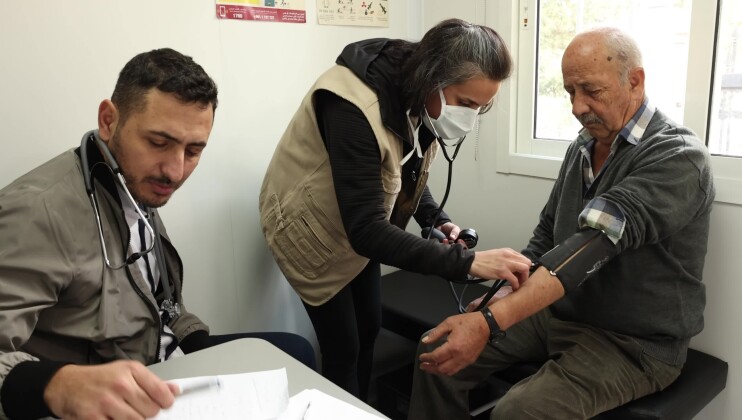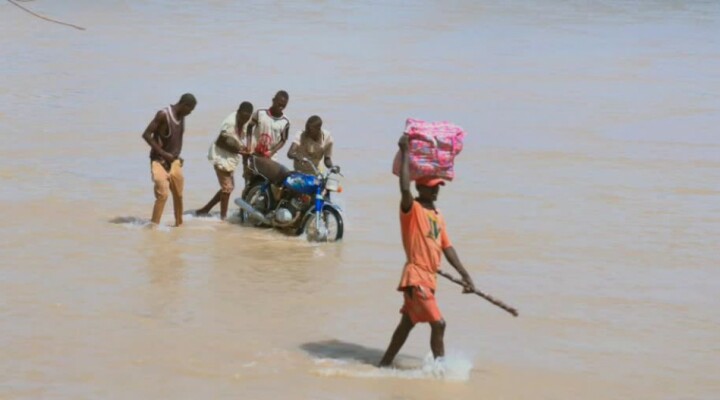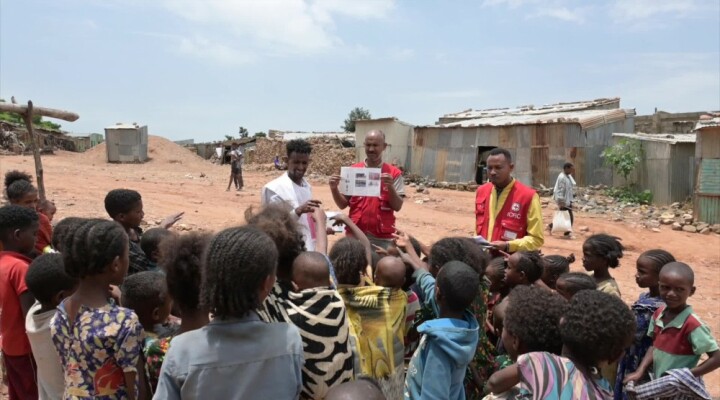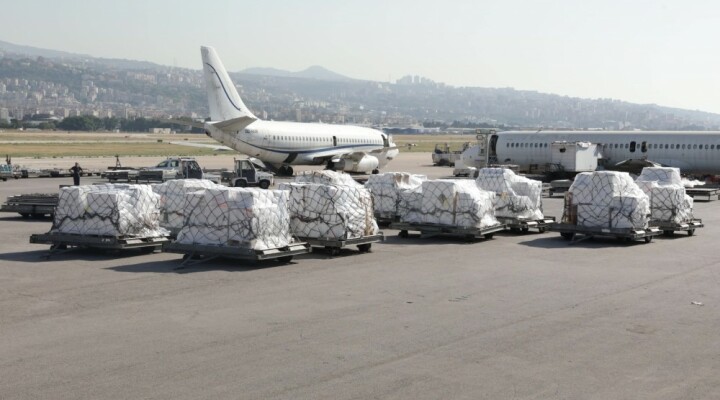Libya: Ensuring the dignified treatment of the deceased
In the wake of the devastating floods in Libya’s northeast, over 10,000 people are still missing. The International Committee of the Red Cross (ICRC) is sending additional supplies, including 5,000 body bags, to Libya to support with the dignified identification and burial of those who have tragically lost their lives.
The ICRC forensic teams in Benghazi and Misrata is working with local authorities and the Libyan Red Crescent Society to care for the dead. The aim is to ensure that each person is laid to rest in easily traceable and properly documented individual graves within demarcated burial sites. Such forensic measures are part of the ICRC’s work to support families with missing loved ones.
Vital supplies such as medicines, food, first aid kits, and household items are also on the way to help the thousands of families affected by this disaster.
Malak Buozayan from the ICRC in Misrata shared: “Our teams are loading medical supplies and body bags that will be taken to people affected by the floods in Derna. This storm has impacted people already affected by years of conflict in the country. As the death toll rises, people are desperately searching for missing loved ones.”
The ICRC is also assessing potential dangers from unexploded ordnance and abandoned munition stores in Derna and how to best protect residents, emergency responders, and authorities.
For more information on the dignified care of the deceased: ICRC/IFRC/WHO Manual for the Management of the Dead After Disasters.
SHOTLIST
Length: 03:09
Copyright: ICRC access all
On Screen Credit: ICRC written or logo
Date 15.09.2023, Geneva Switzerland
00:00 – 01:33 Footage from Geneva airport of body bags being loaded on a plane to Libya
Date 14.09.2023, Misrata Libya
01:33 – 02:31 ICRC Misrata warehouse, Libya
02:31 – 3:09 SOUNDBITE ICRC colleague, Malak Buozayan, Misrata, Libya (in English)
“I am here in Misrata where our teams are loading medical supplies, body bags that will be taken to people affected by the floods in Derna.
This storm has impacted people already affected by years of conflict in the country.
Families are known to be trapped in their homes without electricity and supplies.
As the death toll rises, people are desperately searching for missing loved ones.
The trauma and loss is weighing on everyone, especially vulnerable groups, Children and elderly. Please support our efforts.”
Ends
For further information, please contact:
Jessica Moussan, ICRC Dubai, tel +971 504 254 091 jmoussan@icrc.org
Imene Trabelsi, ICRC Lebanon, tel. +961 313 83 53, itrabelsi@icrc.org
Alaa Nayel, ICRC Kuwait, tel: +965 966 73 614, anayel@icrc.org
Crystal Wells, ICRC Geneva, tel: +41 79 642 80 56, cwells@icrc.org
Fatima Sator, ICRC Geneva, tel: +41 79 848 4908, fsator@icrc.org
Christoph Hanger, ICRC Geneva, tel: +41 79 731 04 03, changer@icrc.org
Shuangfeng Zhang, ICRC Beijing, tel: +86 138 100 355 22, szhang@icrc.org
Matthew Morris, ICRC London, +44 7753 809 471, mmorris@icrc.org
Frédéric Joli, ICRC Paris, +33 6 20 49 46 30, fjoli@icrc.org
Elizabeth Shaw, ICRC Washington, +1 202 361 1566, eshaw@icrc.org
The International Committee of the Red Cross (ICRC) is a neutral, impartial and independent organization with an exclusively humanitarian mandate that stems from the Geneva Conventions of 1949. It helps people around the world affected by armed conflict and other violence, doing everything it can to protect their lives and dignity and to relieve their suffering, often alongside its Red Cross and Red Crescent partners.



